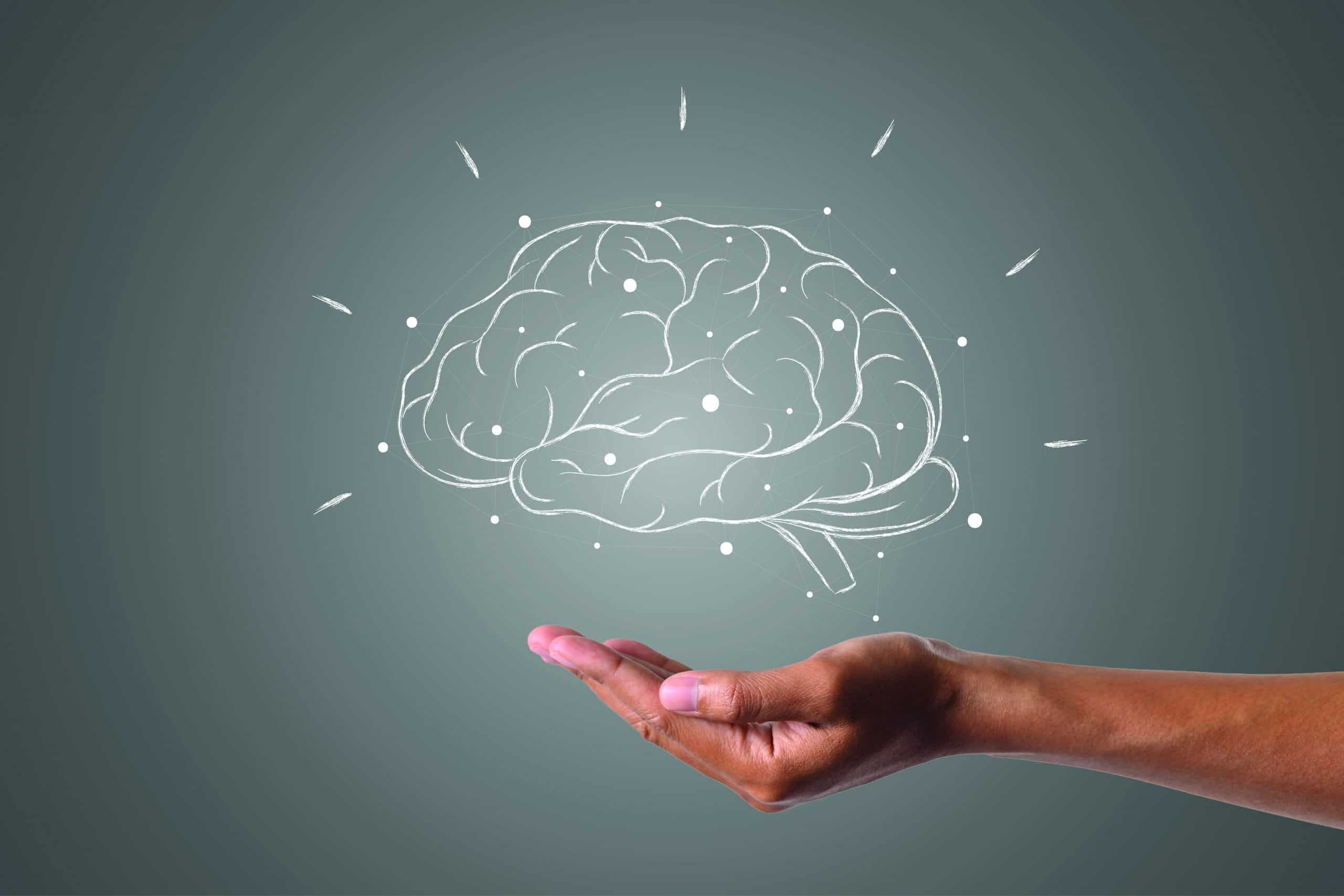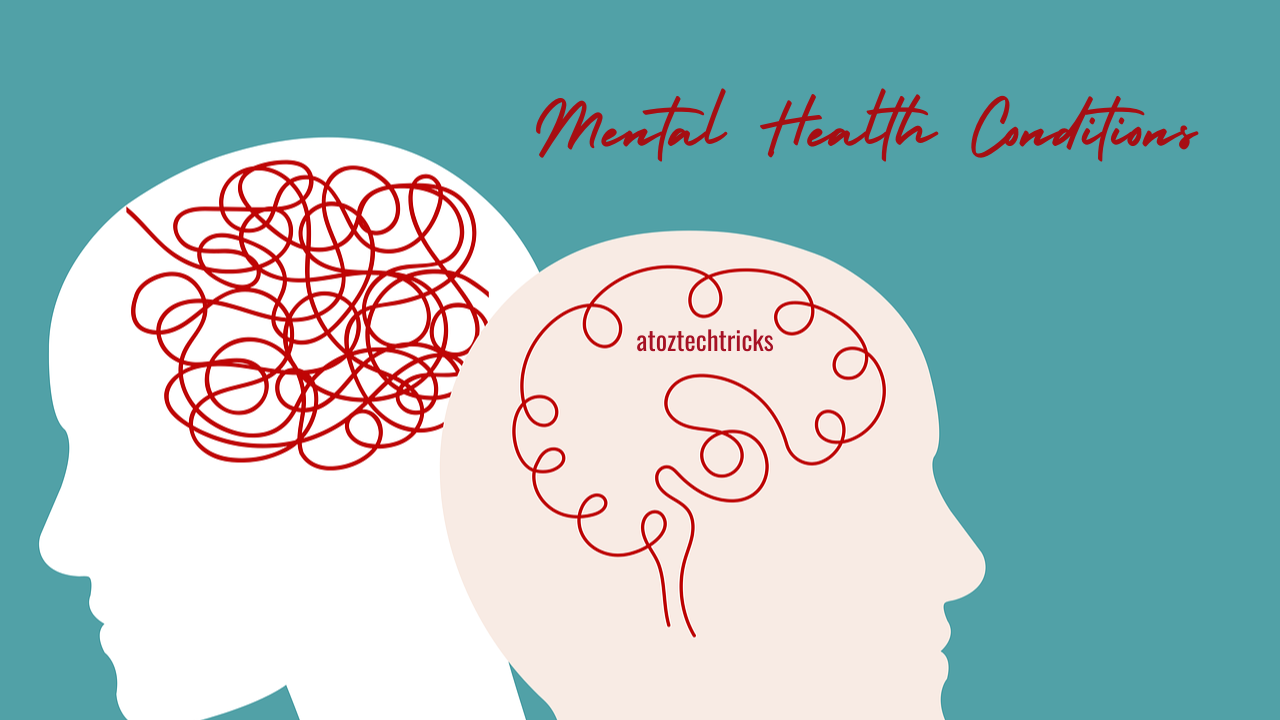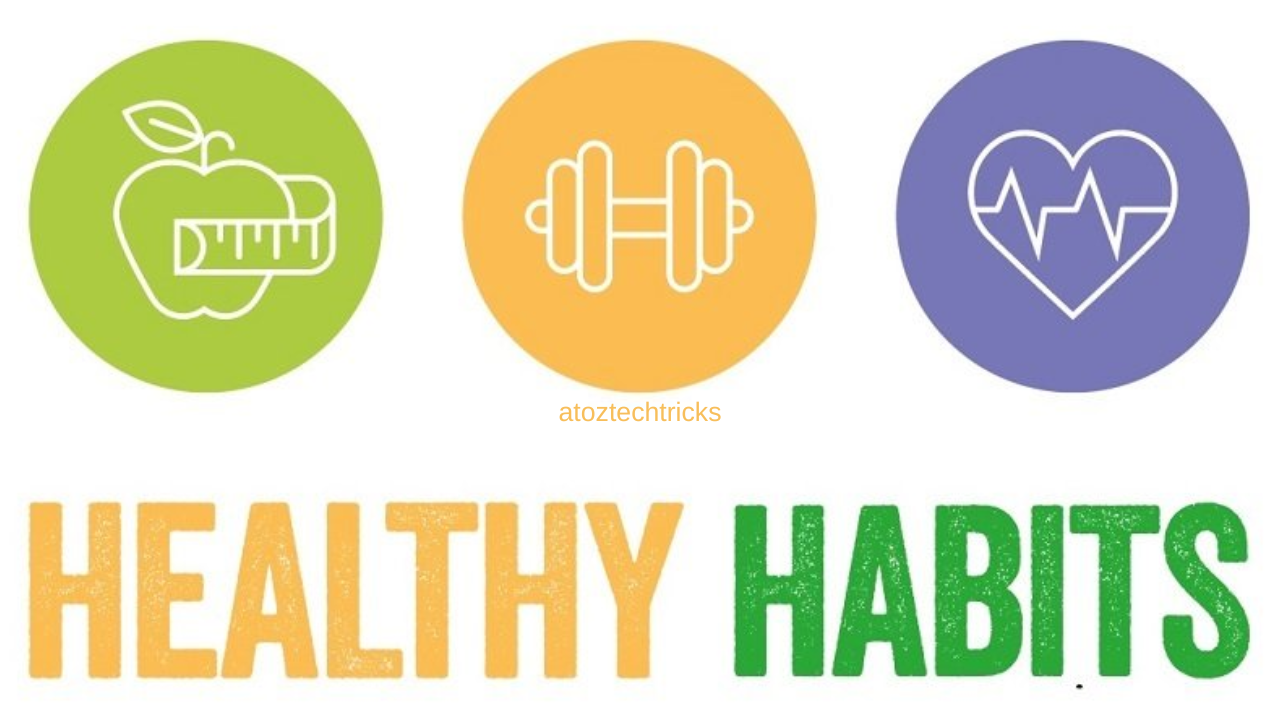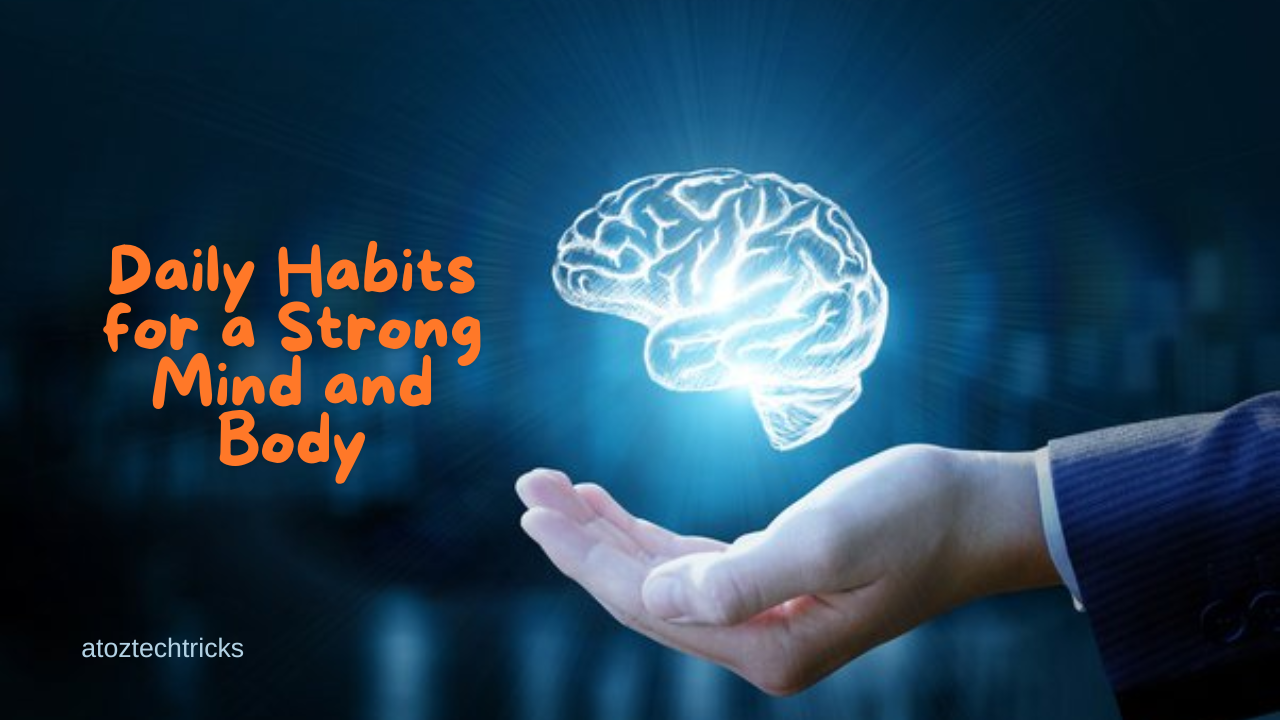Coping Mechanisms for Mental Health Conditions: A Comprehensive Guide
Mental health is an integral part of overall well-being, but it is often overlooked or stigmatized. With the rise of mental health awareness, more people are beginning to recognize the importance of addressing mental health conditions. However, understanding how to cope with these conditions remains a challenge for many. This article provides a comprehensive guide to coping mechanisms for mental health conditions, aiming to equip individuals with practical strategies for managing their mental well-being.
Understanding Mental Health Conditions
Before diving into coping mechanisms, it’s essential to understand what mental health conditions are. Mental health conditions, often referred to as mental illnesses, are disorders that affect a person’s mood, thinking, behaviour, and overall functioning. They can range from mild to severe and include conditions such as depression, anxiety, bipolar disorder, schizophrenia, and post-traumatic stress disorder (PTSD), among others.
These conditions are influenced by a combination of genetic, biological, environmental, and psychological factors. While they can be challenging to manage, many people with mental health conditions lead fulfilling lives with the right support and coping strategies.
The Importance of Coping Mechanisms
Coping mechanisms are strategies or behaviours that individuals use to manage stress, emotions, and the symptoms of mental health conditions. Effective coping mechanisms can help individuals navigate their mental health challenges, reduce the impact of stress, and improve their quality of life. However, not all coping mechanisms are beneficial; some may be maladaptive and lead to further harm. Therefore, it’s crucial to identify and adopt healthy coping strategies.
Types of Coping Mechanisms
Coping mechanisms can be broadly categorized into two types: problem-focused coping and emotion-focused coping.
- Problem-Focused Coping: This type of coping involves addressing the source of stress or the problem causing mental distress. It includes strategies like problem-solving, time management, seeking information, and making changes to the environment. Problem-focused coping is effective when the individual has control over the situation and can take steps to resolve the issue.
- Emotion-Focused Coping: This type of coping focuses on managing the emotional stress response rather than addressing the problem itself. Strategies include relaxation techniques, mindfulness, seeking social support, and engaging in activities that bring joy or relaxation. Emotion-focused coping is particularly useful when the individual has little control over the situation, such as coping with a chronic illness or loss.
Healthy Coping Mechanisms
There are numerous healthy coping mechanisms that individuals can adopt to manage mental health conditions. These strategies can be tailored to fit the specific needs and circumstances of the individual.
1. Mindfulness and Meditation
Mindfulness is the practice of being present in the moment and fully engaging with one’s thoughts, feelings, and surroundings without judgment. Meditation is a technique that often accompanies mindfulness, involving focused attention and deep breathing to achieve a state of relaxation and mental clarity.
Benefits: Mindfulness and meditation can reduce stress, anxiety, and depression. They help individuals become more aware of their thoughts and emotions, allowing them to respond to situations more calmly and thoughtfully.
How to Practice: Start with just a few minutes of mindfulness or meditation each day. Sit quietly, focus on your breath, and observe your thoughts without trying to change them. Gradually increase the time as you become more comfortable with the practice.
2. Physical Activity
Regular physical activity is a powerful tool for managing mental health. Exercise releases endorphins, the body’s natural mood lifters, and can reduce symptoms of depression and anxiety.
Benefits: Exercise improves physical health, boosts self-esteem, and provides a healthy outlet for stress. It also promotes better sleep, which is crucial for mental well-being.
How to Practice: Incorporate physical activity into your daily routine. It doesn’t have to be intense; even a 30-minute walk can make a significant difference. Choose activities you enjoy, such as dancing, swimming, or cycling, to make exercise a sustainable habit.
3. Cognitive Behavioral Therapy (CBT) Techniques
Cognitive Behavioral Therapy (CBT) is a type of psychotherapy that helps individuals identify and change negative thought patterns and behaviours. While CBT is often conducted with a therapist, individuals can also practice CBT techniques on their own.
Benefits: CBT helps individuals develop a more balanced and realistic perspective on their thoughts and emotions. It is particularly effective for managing anxiety, depression, and other mental health conditions.
How to Practice: Start by identifying negative thoughts that contribute to your distress. Challenge these thoughts by questioning their accuracy and considering alternative, more positive perspectives. Replace negative thoughts with more balanced ones to reduce emotional distress.
Mastering Personal Budgeting: Tips and Strategies to Take Control of Your Finances
4. Social Support
Social support is a crucial element in managing mental health conditions. Building and maintaining a strong support network of family, friends, and peers can provide emotional comfort, practical assistance, and a sense of belonging.
Benefits: Social support reduces feelings of isolation, provides a platform for sharing experiences, and offers encouragement during difficult times. It can also increase resilience and improve overall well-being.
How to Practice: Reach out to friends or family members when you’re feeling down or stressed. Join support groups or online communities where you can connect with others who understand what you’re going through. Don’t be afraid to ask for help when you need it.
5. Creative Expression
Engaging in creative activities, such as writing, drawing, painting, or playing music, can be an effective way to cope with mental health conditions. Creative expression allows individuals to explore and process their emotions in a non-verbal way.
Benefits: Creative activities can provide an emotional outlet, reduce stress, and enhance self-awareness. They also offer a sense of accomplishment and can be a form of self-care.
How to Practice: Set aside time each week to engage in a creative activity that you enjoy. You don’t have to be an artist to benefit from creative expression; the process is more important than the outcome. Experiment with different forms of creativity to find what works best for you.
6. Healthy Lifestyle Choices
Making healthy lifestyle choices, such as eating a balanced diet, getting enough sleep, and avoiding harmful substances, can have a significant impact on mental health.
Benefits: A healthy lifestyle supports overall well-being, improves energy levels, and enhances mood. It also reduces the risk of developing physical health problems that can exacerbate mental health conditions.
How to Practice: Prioritize a balanced diet rich in fruits, vegetables, whole grains, and lean proteins. Aim for 7-9 hours of sleep each night, and establish a regular sleep routine. Avoid alcohol, drugs, and excessive caffeine, as these can negatively affect mental health.

7. Journaling
Journaling involves writing down your thoughts, feelings, and experiences regularly. This practice can help individuals process their emotions, gain insights into their mental health, and identify patterns in their thoughts and behaviours.
Benefits: Journaling provides a safe space for self-reflection, reduces stress, and can help individuals work through difficult emotions. It also serves as a record of progress and growth over time.
How to Practice: Set aside time each day or week to write in a journal. Focus on how you’re feeling, what you’re thinking, and any challenges or successes you’ve experienced. There are no rules for journaling; it’s a personal practice, so write in a way that feels right for you.
8. Breathing Exercises
Breathing exercises are simple techniques that involve focusing on the breath to promote relaxation and reduce stress. These exercises can be particularly helpful during moments of anxiety or panic.
Benefits: Breathing exercises calm the nervous system, reduce physical symptoms of stress, and can help prevent or manage panic attacks. They are easy to practice and can be done anywhere.
How to Practice: Try deep breathing exercises, such as diaphragmatic breathing, where you breathe deeply into your abdomen, or the 4-7-8 technique, where you inhale for 4 seconds, hold for 7 seconds, and exhale for 8 seconds. Practice these exercises daily or whenever you feel stressed.
Seeking Professional Help
While coping mechanisms can be incredibly beneficial, they are not a substitute for professional treatment. If you or someone you know is struggling with a mental health condition, it is essential to seek help from a mental health professional, such as a therapist, counsellor, or psychiatrist. These professionals can provide a proper diagnosis, create a treatment plan, and offer guidance on effective coping strategies.
1. Therapy and Counseling
Therapy and counselling involve talking to a trained mental health professional about your thoughts, feelings, and experiences. There are different types of therapy, including cognitive-behavioural therapy (CBT), dialectical behaviour therapy (DBT), and psychodynamic therapy, each with its approach to treatment.
Benefits: Therapy provides a safe and supportive environment to explore your mental health, develop coping strategies, and work through challenges. It can lead to lasting changes in thought patterns and behaviours.
How to Seek Help: If you’re considering therapy, start by finding a therapist who specializes in the areas you’re struggling with. You can ask for recommendations from your primary care doctor, search online directories, or contact local mental health organizations. Many therapists offer a free initial consultation to see if they are a good fit for your needs.
2. Medication
Medication can be an essential component of managing certain mental health conditions. Psychiatric medications, such as antidepressants, antianxiety medications, mood stabilizers, and antipsychotics, can help alleviate symptoms and improve overall functioning.
Benefits: Medication can provide relief from severe symptoms, making it easier to engage in therapy and other coping strategies. For some individuals, medication is a long-term solution, while for others, it may be used temporarily.
How to Seek Help: If you think medication might be helpful, consult with a psychiatrist or your primary care doctor. They can evaluate your symptoms, discuss the potential benefits and risks of medication, and create a treatment plan tailored to your needs. It’s important to take medication as prescribed and to communicate with your doctor about any side effects or concerns.
How to Adjust Your Budget for Life Changes: A Comprehensive Guide
Building a Personalized Coping Plan
Everyone’s experience with mental health conditions is unique, so it’s essential to develop a personalized coping plan that works for you. This plan should include a combination of the coping mechanisms discussed above and any additional strategies that you find helpful.
Steps to Build a Coping Plan:
- Identify Your Triggers: Understanding what triggers your mental health symptoms is the first step in creating an effective coping plan. Triggers can include specific situations, people, or environments.
- Choose Coping Strategies: Based on your triggers, select coping strategies that will help you manage your symptoms. Include a mix of problem-focused and emotion-focused strategies to address different aspects of your mental health.
- Create a Routine: Consistency is key to effective coping. Incorporate your chosen strategies into your daily or weekly routine. For example, schedule regular exercise, mindfulness practice, and social activities.
- Monitor Your Progress: Regularly assess how well your coping plan is working. Keep track of your mental health symptoms, and note any improvements or setbacks. Adjust your plan as needed based on what works best for you.
- Seek Support: Share your coping plan with trusted friends, family members, or a therapist. Having a support system can help you stay accountable and provide encouragement when you’re struggling.

Coping with mental health conditions is a lifelong journey that requires patience, resilience, and self-compassion. By adopting healthy coping mechanisms and seeking professional help when needed, individuals can manage their mental health more effectively and lead fulfilling lives. Remember that it’s okay to ask for help and that there is no one-size-fits-all approach to coping with mental health conditions. The most important thing is to find what works for you and to practice it consistently.




Post Comment